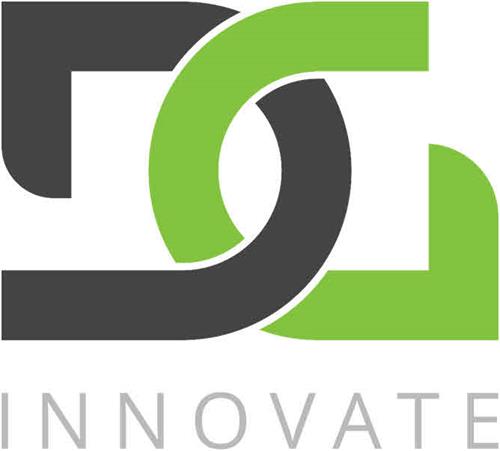Consumer adoption of EVs will likely remain low, however, until the purchase cost can be brought down. A survey of 3,400 UK consumers carried out by Impact Utilities found that 48% were put off buying an EV as their next car because of the cost. One way to drive down costs and boost public acceptance is by making EV batteries more sustainable and cutting the use of cobalt and nickel.
Peter Baker is an instrument scientist at ISIS Neutron and Muon Source. He’s also co-investigator of the FutureCat Project at the UK’s flagship battery research programme, the Faraday Institution – the project is focused on improving cathode design so that batteries can hold charge for longer.
Baker uses muons to analyse the atomic structure of materials. Research by the FutureCat project points towards sodium-ion batteries as being potentially cheaper alternatives to lithium-ion ones. They would also eliminate the ethical and environmental quandary of mining lithium, cobalt and nickel, as these metals aren’t required.
DG Innovate plc (LON:DGI) is an advanced research and development company pioneering sustainable and environmentally considerate improvements to electric mobility and storage, using abundant materials and the best engineering and scientific practices. DGI is currently developing its products alongside a number of major manufacturers across the transportation and energy sectors, research institutions and the UK Government and has filed 18 patents worldwide.


